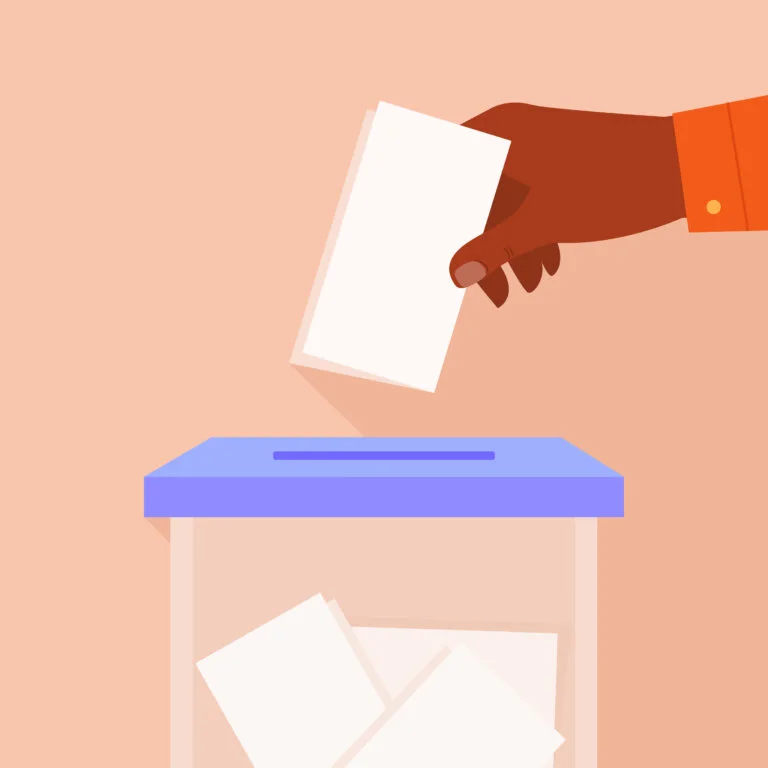In the United States of America, elections still matter. That is a profoundly important point. Let me say it again – elections still matter. For now.
Cynicism, failure and destruction all share one essential truth: They are easier to accomplish and generally more prevalent than building value. Sometimes it can be fair to be cynical. It can be fair to reverse course on a project doomed to fail. It can be fair to destroy a harmful or useless enterprise. But in the wake of doing so, building something better must follow. For a short time, the mere erasure of a misguided policy, tax, or corrupt agency or project, feels good. It feels like an accomplishment. And it is. But it is not enough. Time marches on, and the impulses and needs that led to those governmental missteps often march on alongside.
The thing is, no matter how much we pine for a seemingly better or simpler day gone by, the world around us has always passed that place. There is no going back to the “old days”, in any way we may imagine them. Nor is there any near-term future utopia to be achieved by burning down our villages to save them. Our choices are limited by those our system delivers. As frustrating as that may be, it is a reality. As hard as it is to be an outlier, refusing to participate in a less-than-ideal system, whether from disgust or mere protest, is functionally useless in the short term. And failure to engage meaningfully with the power structure to push even small short-term progress makes long-term progress virtually impossible.
There are few civil ways that individual people, whether in the majority or a minority, can avoid being ignored by those willing to ignore or suppress them. One is to petition the legislature on a specific issue. Another is to peacefully protest. Another is reserved to those who are harmed – the right of the injured, the cheated, and the oppressed to balance the scale of power by seeking justice in court. But the one that carries the broadest and most pervasive and formative collective impact, and can mitigate the need for confrontational escalation, is to vote; most importantly, to vote to preserve the rights to petition and redress.
Ironically, when people choose not to vote, it feels like freedom to them. And in the moment, it is. But they have abandoned the realistically viable options, lost the chance to see their views more popularly felt than they realize, and their protest is generally drowned in the sea of apathy. Participation in a peaceful democratic system is absolutely necessary to reform it. When choosing whether and how to vote, one must also consider how much time one has before things turn very bad from lack of popular engagement. Are things so good that voting isn’t needed to assure a stable and working government? Sometimes. But are things becoming so disjointed that it’s time for everyone to be heard, as in Dr. Seuss’s parable of Horton’s Whos – “no matter how small”? Given the tone of current politics, and powerful frustration that is driving it from all corners, that answer has to be yes.
When you stop voting, the government stops listening. Polls don’t determine elections. Don’t settle for what those who gave up their chance to be heard deserve. Don’t give up. Engage. Read your voter pamphlet. Look up the candidates and issues on any of the many partisan and non-partisan websites describing them. Read the pros and the cons. Think. Discuss. And then vote. Please, please vote.

